AquaFence Flood Barriers Pop Up at NYC Waterfront Buildings
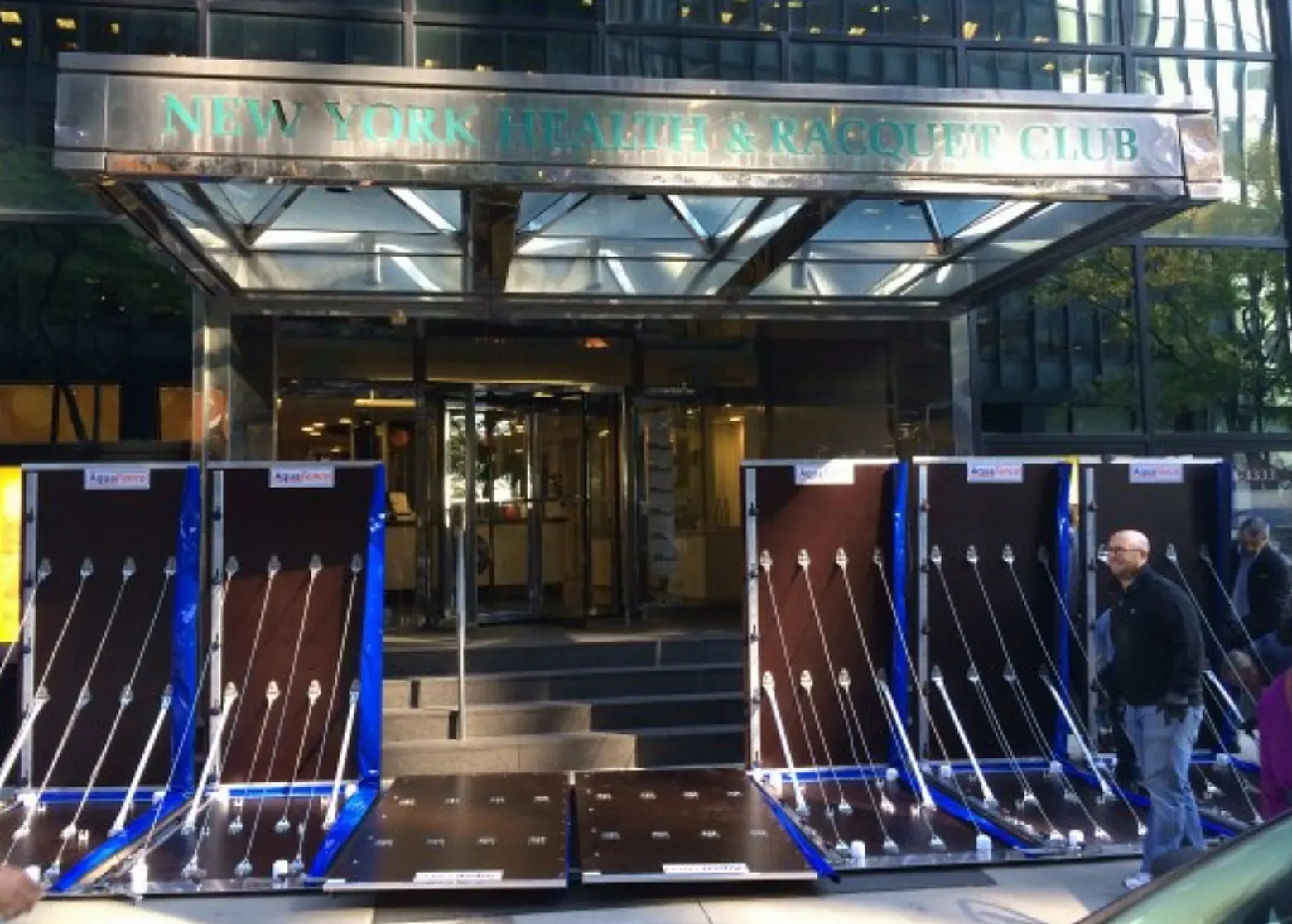
Nearing the two-year anniversary of Superstorm Sandy, developers, architects, and building owners are still wrestling with how to keep their waterfront properties safe from any future storms that may wash up on New York’s shores. Some have moved mechanical systems above ground, white others have installed heavy duty generators and emergency lighting and elevator systems. But a popular preventative mechanism among the posh residences of the West Village and Lower Manhattan is AquaFence, a portable, temporary flood barrier system that can defend structures from flood heights of up to eight feet.
AquaFence is constructed of marine-grade laminate panels engineered with edge reinforcements, structural supports, and flexible membranes. The interlocking blue panels can be flat-packed and stored within mere minutes. Their initial cost is comparable to sandbags (a panel costs between $300 and $700 a linear foot), but AquaFence can be reused up to 60 times. It also can take well over 100 people twelve hours to set up sandbags, whereas ten people can install or dismantle 150 feet of AquaFence barricade per hour.
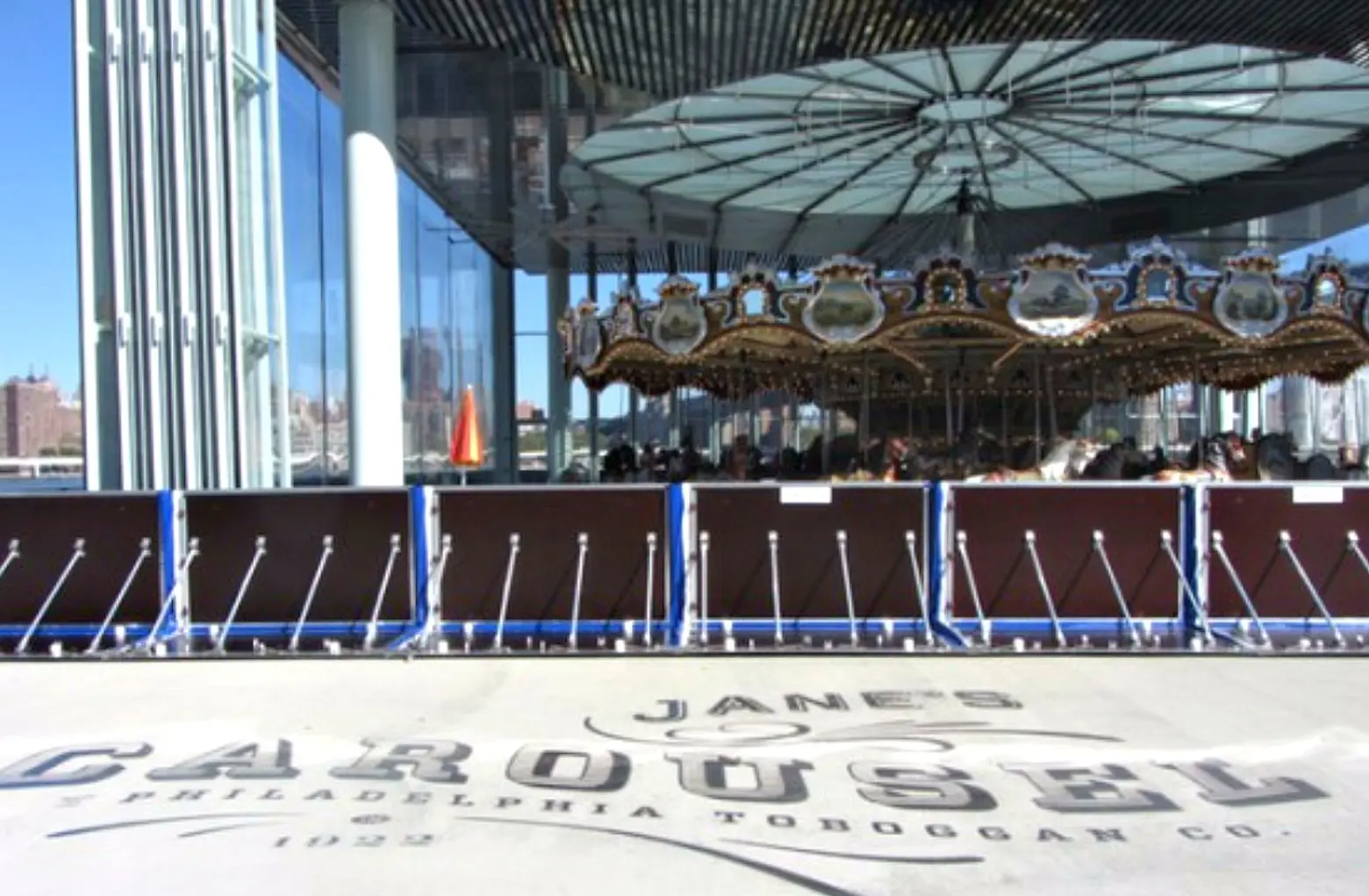
The product was most recently installed at 110 Horatio Street in the West Village, and has also been incorporated at Jane’s Carousel in Brooklyn and at 2 Water Street in the Financial District. For buildings that cannot afford to take measures like moving their entire mechanical system, AquaFence provides a way for them to protect against flooding. In fact, the company says that the panels “protect more than $10 billion worth of real estate as well as cities and public utilities” in the United States. We think we’ll be seeing a lot more of these blue barricades popping up around the city in the coming months.
[Via New York Observer]
Images courtesy of AquaFence
Interested in similar content?
Leave a reply
Your email address will not be published.
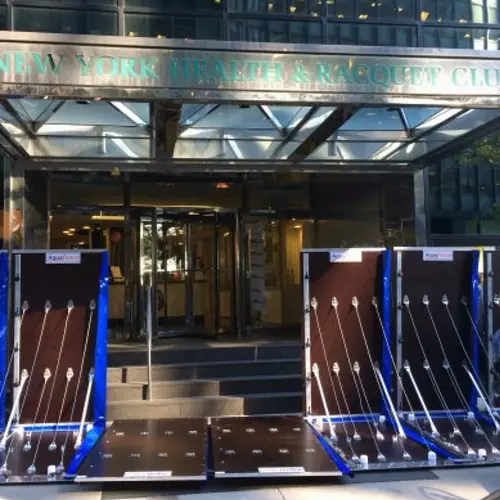
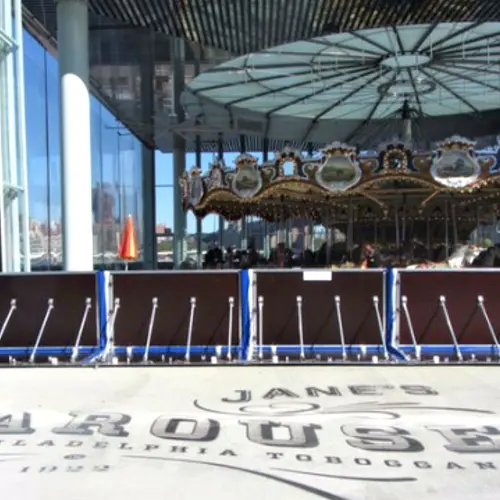

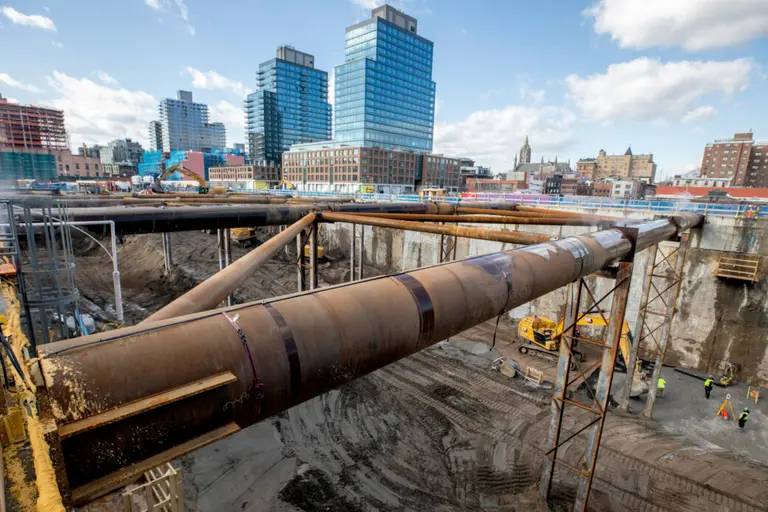
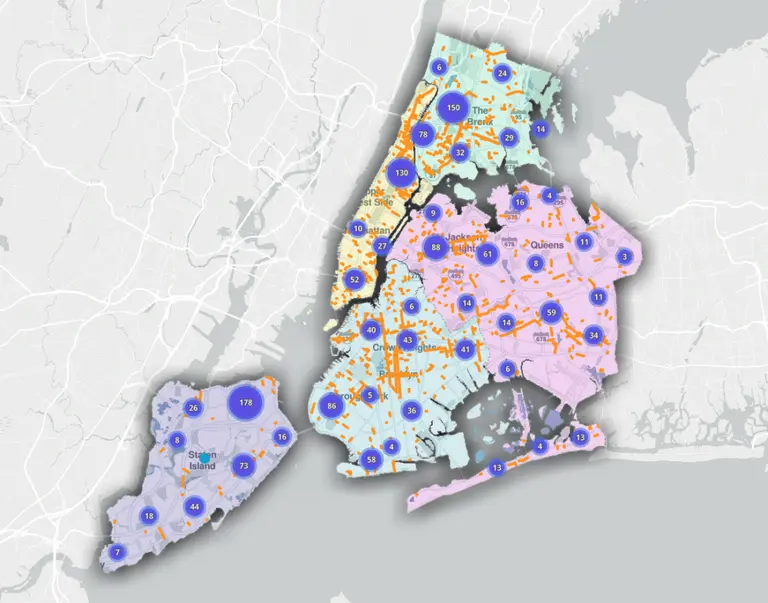








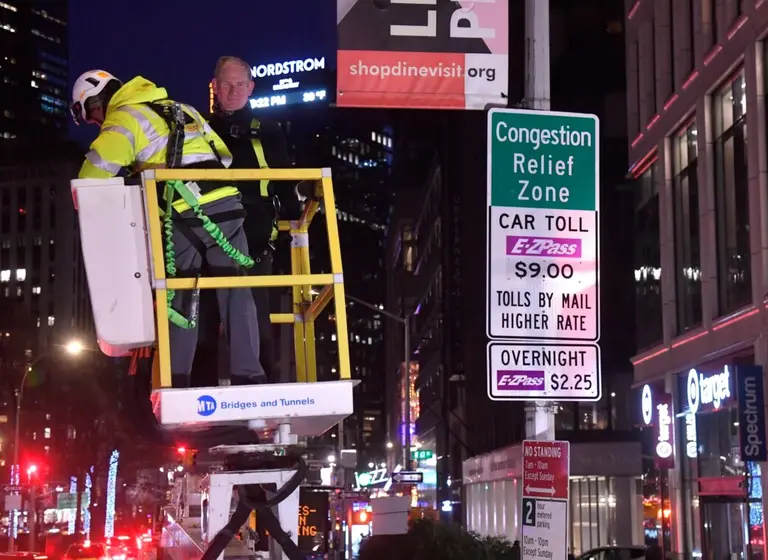
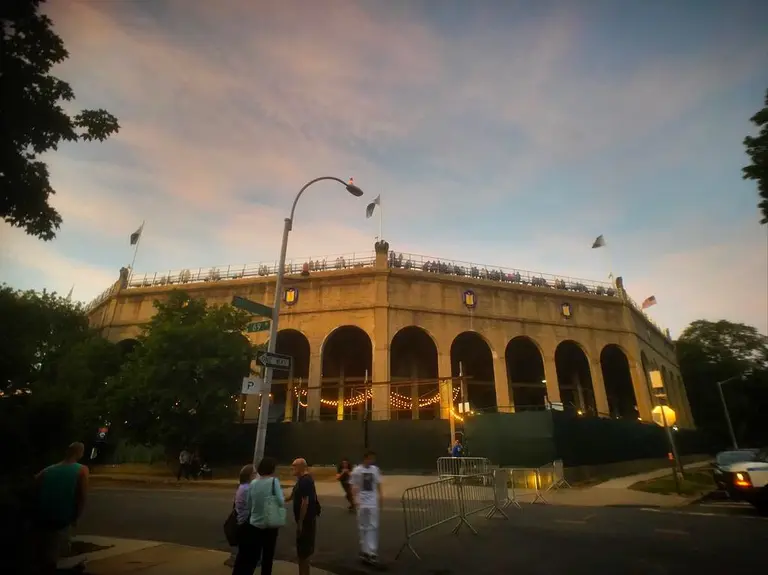















I just don’t see AquaFence being all that effective against another storm as powerful as hurricane Sandy. Although it has the event is being faster and more efficient than sandbags but it seems to me that properties along the ocean would do better to have a more permanent structural solution to storms and rising tides to global warming.